Every year, thousands of qualified students receive rejection letters from medical schools. Many are left wondering what went wrong. The truth is that being “good enough” on paper isn’t sufficient in today’s competitive admissions landscape. Talented future physicians are often rejected not because they lack the ability to succeed, but because they make preventable mistakes during the application process.
Understanding these common missteps, and learning how to avoid them, can make the difference between rejection and acceptance. Professional application support through Master of Science in Medical Sciences (MSMS) programs can help students recognize and correct these errors before they derail promising careers in medicine.
Mistake #1: Generic Personal Statements That Say Nothing
One of the biggest mistakes pre-med students make is writing personal statements that could belong to anyone. These essays are often filled with clichés about “wanting to help people,” vague references to childhood dreams of becoming a doctor, or general remarks about medicine being a noble profession.
The Problem:
Admissions committees read thousands of nearly identical essays. If your personal statement doesn’t distinguish you from other applicants, it fades into the background.
The Solution:
Professional career services can help you uncover and express your unique perspective. You'll learn how to tell personal stories that offer meaningful insights into who you are and why you’re pursuing medicine. Instead of saying you “want to help people,” you might describe how a specific experience gave you insight into healthcare systems or the importance of cultural competence in patient care.
Mistake #2: Weak Professional Presentation
Some students focus heavily on academic achievements, research, and test scores but overlook professional communication skills. Others struggle to present themselves clearly and confidently in writing.
The Problem:
Medical schools seek applicants who can communicate effectively, demonstrate ethical reasoning, and understand real-world healthcare environments. They expect clear, professional writing that reflects readiness for the responsibilities of patient care.
The Solution:
MSMS programs with robust career services help students present a well-rounded application. You’ll develop the skills to clearly articulate how your experiences have prepared you for the demands of medical practice. Support includes professional writing assistance, communication training, and attention to detail—skills that are essential for both the application process and your future medical career.
Mistake #3: Poor Interview Performance Despite a Strong Application
Students often spend months perfecting their written application, only to underperform during interviews. They may struggle to articulate their motivations, fail to show genuine interest in specific programs, or appear unprepared for common interview scenarios.
The Problem:
Medical school interviews are not typical job interviews. They assess your ability to think critically about ethical issues, communicate with diverse populations, and handle the emotional and intellectual demands of a medical career.
The Solution:
Career services offer comprehensive interview preparation, including mock interviews, scenario-based practice, and communication coaching. You’ll learn how to present yourself confidently while remaining authentic, respond thoughtfully to challenging questions, and demonstrate the professional presence medical schools value.
Mistake #4: Applying to the Wrong Schools
Many students choose schools based on rankings, prestige, or location without considering whether they are truly competitive at those institutions. Others apply too broadly, without understanding what different programs prioritize.
The Problem:
Medical school applications are costly and time-consuming. Applying to schools where you're not a good fit wastes valuable time and resources.
The Solution:
Professional advisors help you create a balanced and strategic school list. You’ll learn how to assess not just published statistics, but real admission trends and institutional values. This allows you to target schools where your unique strengths and story are most likely to stand out.
Mistake #5: Weak Academic Foundation
Some students complete the required coursework but lack the depth of understanding and study skills needed to succeed in medical school. Others rush into applying without adequate preparation.
The Problem:
Medical schools look for applicants who can thrive in a rigorous academic environment from day one. They seek evidence of strong foundational knowledge, time management, and study discipline.
The Solution:
MSMS programs offer intensive academic preparation that goes beyond basic prerequisites. You’ll build a strong foundation in key medical science concepts while developing the study habits necessary for long-term success. This academic growth becomes evident throughout your application.
Mistake #6: Failing to Show Professional Growth
Some students list activities on their applications without demonstrating personal or professional development. Others struggle to connect their experiences into a cohesive story of growth.
The Problem:
Medical schools want to see evidence of reflection, leadership, and increasing responsibility. An application that lacks a growth narrative may suggest that the applicant hasn’t developed the self-awareness essential for practicing medicine.
The Solution:
Career services help you identify themes of growth in your experiences. You’ll learn how to present your journey as a cohesive and compelling story—one that illustrates your readiness for medical school and a career in healthcare.
The Path Forward
These mistakes are preventable with proper preparation and guidance. MSMS programs with strong career services do more than help you avoid pitfalls. They help you build the competencies and confidence that make you a competitive applicant.
Rather than hoping to avoid mistakes by chance, invest in professional development that positions you for success. Your future medical career is too important to leave to guesswork.
The difference between rejection and acceptance often isn’t ability. It’s preparation.
Transform Your Chances
A medical school rejection doesn’t mean the end of your dream. It often marks the beginning of a more focused and strategic path forward. Whether you’ve already received that disappointing email or are concerned that your academic profile won’t make the cut, know this: you are not alone.
Thousands of future physicians have faced the same challenge and many found success by seeking the right support. Students who ultimately succeed often have one key advantage: professional application support.



